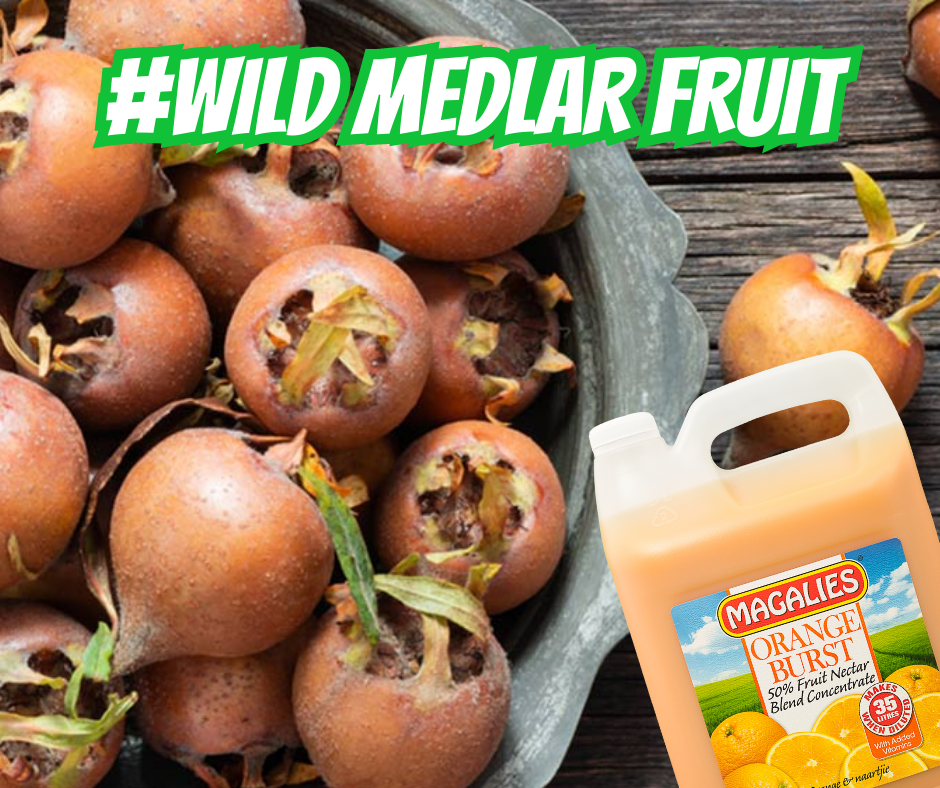by Dr Marli Botha
So if you were wondering what an Indian Fig is, it is a species of cactus also known as a prickly pear! Prickly pear isn’t often thought of as a superfood, but that mindset is changing as the word is getting out about some of its amazing proven benefits. Prickly pear is known by a few names such as nopal cactus, barbary fig cactus, opuntia, Indian fig, prickly pear cactus, tuna Cardona, and Westwood pear.
The Indian Fig can be used in the following interesting ways:
- In Mexican folk medicine, the cactus pulp and juice are used to treat skin wounds, stomach swelling, digestive problems and urinary tract infections (http://www.herbwisdom.com/herb-prickly-pear-cactus.html ).
- According to the Mayo Foundation for Medical Education and Research, preliminary studies indicate that prickly pear extract may decrease blood glucose levels in patients with type 2 diabetes. The fibre and pectin found within the cactus appears to lower blood sugar by decreasing sugar absorption in the stomach and intestines. The plant extract improves insulin sensitivity, and it also protects the liver from oxidation.
- The International Journal of Food Science and Nutrition reports that prickly pear cactus is a good source of several important minerals. Calcium, potassium, magnesium and phosphorus are among them. The prickly pear seed contains linoleic acid, an essential fatty acid with numerous health benefits.
- In a French study, 49 women who had a normal body mass index were randomly assigned to take either 2 grams of prickly pear extract or a placebo for 28 days. At the end of the 28 days of the double-bind study, women taking the prickly pear extract showed significant weight loss compared to the placebo group (Pyhtotherapy Research, September 2009).
- Interesting research continues to be conducted to validate or discover new ways in which prickly pear cactus can be used medicinally. For example, in a 1998 study published in Archives of Pharmaceutical Research by Dr. E. H. Park and colleagues, it was suggested that prickly pear cactus pads could be used to reduce inflammation and help relieve stomach problems. Some evidence also exists that prickly pear cactus could be effective in reducing cholesterol levels, but more research needs to be conducted. Park, E. H., J. H. Kahng, E. A. Paek. “Studies on the pharmacological action of cactus: identification of its anti-inflammatory effect.” Archives of Pharmaceutical Research. (1998): 30–34.





